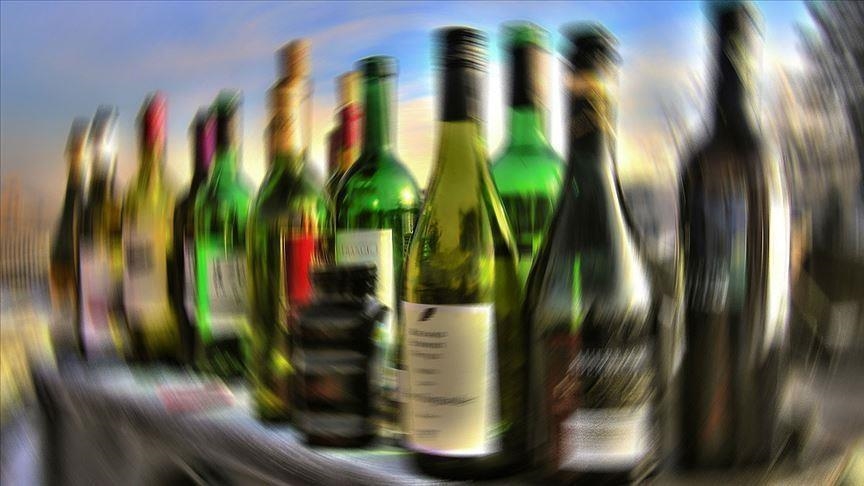South Africa partially bans liquor sales over Easter weekend
President urges citizens to continue observing health regulations as country emerges from second wave of coronavirus

JOHANNESBURG
South Africa has announced a partial ban on the sale of alcohol over the long Easter weekend to stem the spread of the coronavirus.
Addressing the nation Tuesday night, President Cyril Ramaphosa said alcohol fuels reckless behavior, and for this reason, the government has banned the sale of alcohol that is taken away from the point of sale to be consumed elsewhere.
The ban will be in effect from Friday to Monday, which is the duration of the Easter holiday.
“On-site sales at restaurants, shebeens and bars will be allowed, according to licensing conditions, up until 23:00 p.m. (2100 GMT),” the president said.
South Africa usually witnesses a high number of road accidents during the Easter holiday largely blamed on alcohol consumption and fatigue.
Last year, South Africa completely banned the sale of alcohol in the country when the coronavirus was at its peak.
Police Minister Gen. Bheki Cele at the time said the ban had significantly reduced the crime rate in the country, which has one of the highest incidents of crime on the continent.
South Africa has the highest number of COVID-19 infections on the continent with more than 1.5 million cases and more than 52,000 recorded deaths from the virus.
Cases dropping
Ramaphosa said South Africa has emerged from a second wave of infections, and for the past two weeks, the number of new cases has remained relatively stable at around 1,200 per day.
During the peak in December and January, the country would record over 7,000-10,000 new cases daily.
“The number of hospitalizations is declining, as is the number of deaths,’’ he said, urging South Africans to continue protecting themselves from the virus by following health guidelines such as wearing face masks, sanitizing and maintaining social distance.
Ramaphosa said the country’s national recovery rate stands at slightly higher than 95%.
The South African leader said they have vaccinated more than 250,000 health workers since they received the Johnson & Johnson vaccine as part of the Sisonke trial in late February.
He said although there have been delays in securing vaccine supplies, the government is still confident in achieving its vaccination targets.
The country is expected to complete deals soon with several manufacturers to secure millions of doses to carter for its population of close to 60 million.
Anadolu Agency website contains only a portion of the news stories offered to subscribers in the AA News Broadcasting System (HAS), and in summarized form. Please contact us for subscription options.





